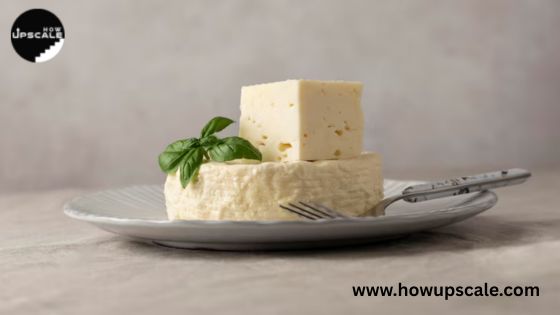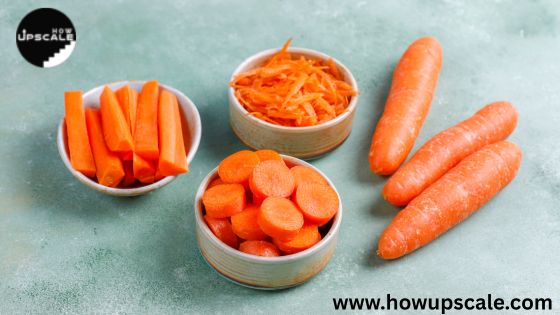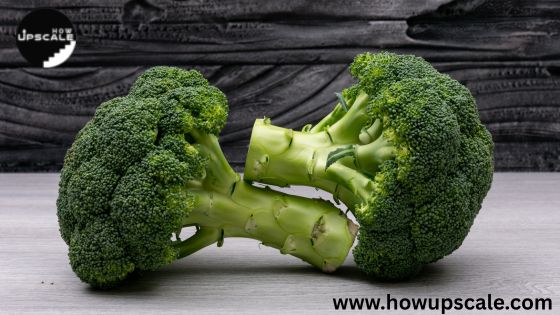Cheese Benefits: Nutrition Facts and Health Benefits and More

Cheese is one of the most loved and consumed dairy products around the world. It’s tasty, versatile, and packed with nutrients. From sandwiches to salads, cheese benefits finds its place in various dishes. But beyond its delicious flavor, cheese brings a lot of health advantages.
We will explore Cheese Benefits, break down Cheese Nutrition, and discuss why this dairy delight should be a part of your balanced diet. We’ll also look at Cheese Protein, Cheese Calories, and more.
What is Cheese?
Cheese is made from milk through a process of curdling. Enzymes and bacteria are added to separate the solid curds from the liquid whey. These curds are then pressed, aged, and sometimes flavored to create the many varieties of cheese we enjoy today.
1. Cheese Nutrition Facts
Cheese is dense in nutrients. It’s rich in calcium, protein, fats, and essential vitamins. The exact Cheese Nutrition depends on the type, but most cheeses provide the following per 100g:
Calories: 280–400
Protein: 20–30g
Fat: 25–35g
Calcium: 700–1,000mg
Vitamin A, B12, and D: Moderate to High
The above figures explain why cheese is often called a nutrient powerhouse.
2. Cheese Protein Builds Muscle and Strength
One of the top Cheese Benefits is its high protein content. Cheese Protein plays a vital role in repairing body tissues and building muscles. Athletes and gym-goers often include cheese in their diet for a protein boost.
- Cheese Protein helps increase muscle mass.
- It supports energy production during workouts.
- Protein from cheese also supports bone and joint health.
- Hard cheeses like Parmesan and Cheddar offer the most Cheese Protein per serving.
3. Cheese Benefits for Bone Health
Cheese is loaded with calcium and vitamin D, both of which are essential for healthy bones. Regular intake of cheese helps:
- Prevent osteoporosis
- Strengthen teeth and gums
- Improve posture and balance
These Cheese Benefits are especially important for children, pregnant women, and older adults.
4. Cheese Helps Your Heart (In Moderation)
You might think that cheese is bad for your heart due to its fat content. But when eaten in moderation, cheese may support heart health. Here’s how:
- Cheese contains conjugated linoleic acid (CLA), which may reduce inflammation.
- Calcium in cheese helps control blood pressure.
- Fermented cheeses improve gut health, which is linked to heart wellness.
So yes, one of the surprising Cheese Benefits is a healthier heart!
5. Cheese and Weight Management
You might be surprised to hear this, but cheese can help with weight control. The fats and Cheese Protein help you feel full for longer, reducing the urge to snack.
- Cheese curbs appetite.
- It helps maintain muscle while losing fat.
- Full-fat cheese can be part of a keto or low-carb diet.
Be mindful of the portion size and the type of cheese to enjoy these Cheese Benefits.
6. Cheese Is a Good Source of Probiotics
Some cheeses like mozzarella, gouda, and cheddar are fermented and contain probiotics. These healthy bacteria aid in digestion, improve gut health, and boost immunity.
Cheese Nutrition also includes B vitamins that support a healthy digestive system.
7. Cheese Calories: What You Should Know
The number of Cheese Calories depends on the type of cheese and serving size. On average, cheese provides 100–120 calories per ounce.
Hard cheeses like Cheddar: ~115–120 calories per ounce
Soft cheeses like Brie: ~95–105 calories per ounce
Fresh cheeses like Cottage: ~80–90 calories per ounce
Knowing about Cheese Calories helps you enjoy cheese wisely as part of a healthy diet.
8. Cheese Improves Brain Function
Cheese contains nutrients that support brain health:
- Omega-3 fatty acids
- Vitamin B12
- Zinc
These elements improve focus, memory, and cognitive function. Including cheese in your diet regularly can help sharpen your mind.
9. Cheese and Skin Health
Thanks to its vitamin A and zinc content, cheese promotes healthy skin. These vitamins:
- Reduce acne
- Improve skin tone
- Support skin healing
This adds to the long list of Cheese Benefits you might not have known.
10. Cheese as an Energy Booster
Cheese provides a quick source of energy due to its fat and protein content. Whether you’re heading to the gym or need an afternoon pick-me-up, a slice of cheese can give you the boost you need.
11. Best Types of Cheese for Health
Not all cheeses are created equal. Here are the top choices for the most Cheese Benefits:
Cottage Cheese: Low in Cheese Calories, high in protein
Mozzarella: Soft, low-fat, probiotic-rich
Feta: Lower in Cheese Calories and rich in flavor
Parmesan: Hard, aged, and high in Cheese Protein
Choose these varieties to maximize the health impact of cheese.
12. Cheese and Dental Health
Cheese helps maintain oral hygiene. Here’s how:
- Reduces acid levels in the mouth
- Promotes saliva production
- Strengthens tooth enamel
So, Cheese Benefits even your smile!
13. Cheese for Pregnant Women
Cheese can be a great addition to a pregnancy diet due to its calcium and protein content. But pregnant women should avoid soft, unpasteurized cheeses to reduce the risk of infection.
Good choices include:
- Hard Cheddar
- Parmesan
- Pasteurized Mozzarella
These options offer safe and beneficial Cheese Nutrition during pregnancy.
14. Cheese in a Balanced Diet
You don’t have to eat large amounts to enjoy Cheese Benefits. Even a small portion can provide essential nutrients. Here’s how you can add cheese to your diet:
- Sprinkle shredded cheese over salads.
- Add a slice to your morning toast.
- Mix cottage cheese with fruits.
- Simple and tasty ways to benefit from Cheese Nutrition.
15. Watch Out for Sodium
Some cheeses can be high in salt. If you’re watching your sodium intake, choose low-sodium cheese options and eat in moderation.
Look for:
- Swiss cheese
- Ricotta
- Fresh Mozzarella
These contain fewer Cheese Calories and less sodium.
About Cheese Benefits
1. Is cheese bad for you?
No, when eaten in moderation, cheese provides many health benefits. It’s rich in Cheese Protein, calcium, and vitamins.
2. How much cheese can I eat in a day?
Most experts suggest 1–2 ounces per day. This amount helps you enjoy Cheese Benefits without overdoing Cheese Calories or sodium.
3. Is cheese good for weight loss?
Yes. The Cheese Protein keeps you full longer, which may help you eat less and support fat loss.
4. What are the healthiest types of cheese?
Low-fat and fresh cheeses like Cottage, Mozzarella, and Ricotta offer great Cheese Nutrition with fewer Cheese Calories.
5. Can lactose-intolerant people eat cheese?
Yes, many aged cheeses like Cheddar and Parmesan are low in lactose and can be enjoyed in small amounts.
Cheese is more than just a delicious food it’s a powerhouse of nutrition. From building strong bones to improving gut health, the list of Cheese Benefits is long and impressive. It’s rich in Cheese Protein, packed with essential vitamins, and delivers a good energy boost with moderate Cheese Calories.









